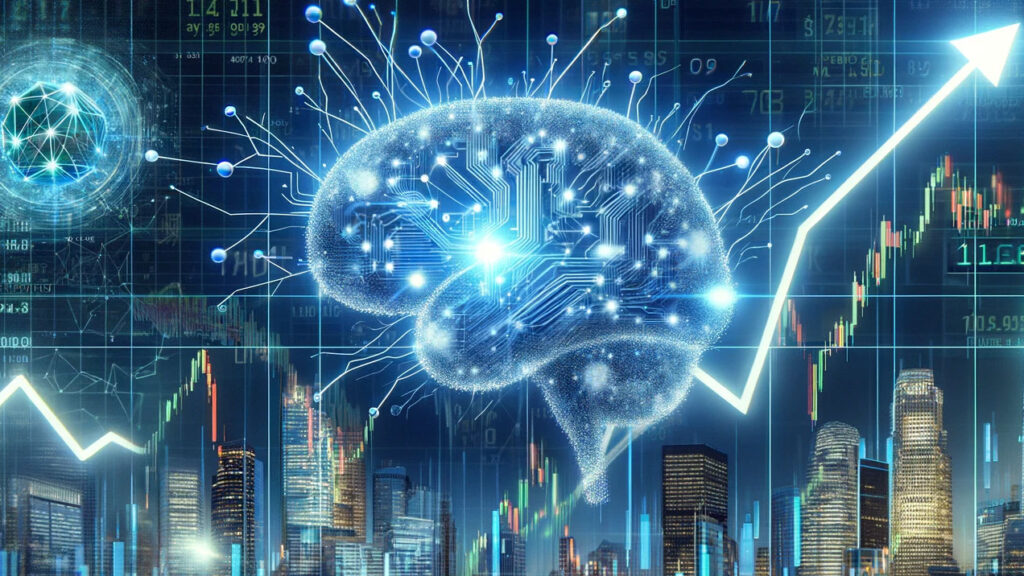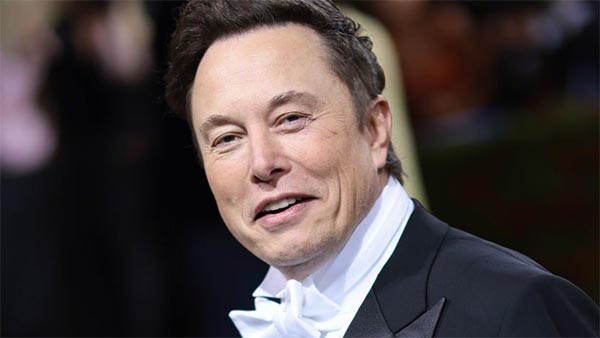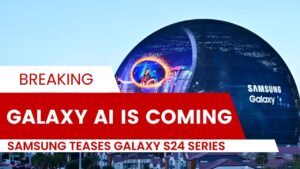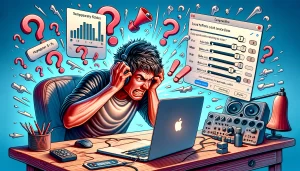In an era where artificial intelligence (AI) is increasingly shaping the future of technology, Elon Musk, the visionary behind X (formerly known as Twitter), has once again captured the spotlight. Fulfilling a promise made just a week ago, Musk has propelled GrokAI, developed by xAI, into the limelight by making it open-source, a move that’s sending ripples through the tech world. This strategic decision not only democratizes AI development by making GrokAI’s base model weights and network architecture publicly available on GitHub but also positions Musk as a provocateur, challenging OpenAI with pointed critiques about their adherence to the ‘open’ ethos they espouse.

GrokAI, a 314-billion-parameter Mixture-of-Experts model, represents a significant milestone in AI development. Unlike models that are fine-tuned for specific applications, GrokAI stands as a robust foundation, trained from scratch on a vast dataset. Its open-source release under the Apache 2.0 license is a game-changer, offering the global community of researchers and developers the opportunity to explore, modify, and enhance its capabilities. This move is set to accelerate innovation and foster a more collaborative approach to solving complex problems, embodying the spirit of open-source culture.
Musk’s decision to open-source GrokAI also serves as a strategic counter to other tech giants like OpenAI, Meta, and Google, urging them to match his commitment to transparency and collaboration. By doing so, Musk not only champions the democratization of AI but also challenges the status quo, urging leading entities to reevaluate their strategies towards more inclusive and open development models.
However, Musk’s ambitions extend beyond just technological innovation. Through pointed criticisms directed at OpenAI, he questions the commitment of other organizations to truly open development. Musk’s provocations, especially on X, highlight a growing concern regarding the direction and ethos of AI development. His tweet, “Tell us more about the ‘Open’ part of OpenAI,” encapsulates this sentiment, serving as a reminder of the ideals that should guide the AI community.
The backdrop to this development is Musk’s ongoing legal battle with OpenAI, where he accuses the organization of deviating from its founding mission in pursuit of profit, particularly through its partnership with Microsoft. This lawsuit, alongside Musk’s historical involvement and eventual departure from OpenAI, adds layers of complexity to the narrative, underscoring a clash of visions for the future of AI.
As the AI community and the broader public digest the implications of GrokAI’s open-source release, questions about the future of AI development come to the fore. Will Musk’s challenge catalyze a shift towards more open, collaborative models of development, or will it deepen the rifts between competing visions and entities in the AI landscape? Only time will tell, but one thing is clear: the release of GrokAI marks a pivotal moment in the evolution of AI, setting the stage for a renewed debate on openness, innovation, and the ethical dimensions of artificial intelligence.
Elon Musk’s move to make GrokAI open-source and his ongoing critiques of OpenAI’s approach to openness signal a critical juncture in the AI industry. As the community grapples with these developments, the impact on innovation, collaboration, and the ethos of AI development will undoubtedly be significant. The conversation around these issues is far from over, and the path forward remains a compelling narrative to watch unfold.




